For years, successful service transformation has been hailed as the holy grail of the corporate world — a coveted goal but hard to achieve.
Well-known approaches such as Agile and Waterfall, while widely used, often face pitfalls that result in delayed projects, budget overruns, and even failures. One practitioner who attended one of our meetups criticised, “I’m frustrated with Waterfall and Waterfall pretending to be Agile.” We get it.
Large organisations need a more tailored solution that can deliver real business benefits while navigating complex hierarchies and extensive budget processes.
This is where the Spartan Method shines.
The Spartan Method is a governance model that’s designed for corporates that need to achieve more, faster. It’s an approach that requires addressing a single goal at a time. It helps teams overcome common obstacles such as politics, organisational silos, and analysis-paralysis, empowering them to make outsize achievements.
In this article, we will dive into the drawbacks of Agile and Waterfall, supported by research, and explore the key benefits that make the Spartan Method the optimal alternative for large organisations in their service transformation projects.
The Pitfalls of Agile and Waterfall
1. Delayed Service Transformations
Research conducted by Standish Group’s CHAOS Report reveals that half of all service transformation projects are late or over-budget. This can have significant implications for organisations, including missed market opportunities and strained customer relationships.
Agile, despite its popularity, is not immune to delays. The iterative nature of Agile, while beneficial in theory, can lead to a lack of predictability and difficulty in meeting fixed timelines.
2. Service Transformation Failures
Another alarming statistic from the Standish Group’s report shows that approximately 1 in 5 service transformation projects are declared failures before completion.
Failure can stem from a variety of factors, including inadequate planning, scope creep, or a lack of clear communication and alignment between stakeholders. Waterfall’s linear and sequential nature often exacerbates the risk of failure by limiting flexibility and adaptability.
3. Abandoned Service Transformations
A common pain point in both Agile and Waterfall is the abandonment of service transformations deemed “too hard.”
Research shows that many projects are prematurely abandoned due to the rigid nature of traditional methodologies, rendering them unsuitable for complex and dynamic environments. This abandonment not only wastes resources but also hampers organisational growth and innovation.
The Spartan Method: The Best Alternative Approach to Agile and Waterfall
The Spartan Method maintains a laser-focus on service transformation goals, enabling teams to overcome common obstacles such as politics, organisational silos, and analysis-paralysis.
Research by Deloitte emphasises the importance of goal alignment for project success, stating that organisations with well-defined goals achieve better outcomes in their service transformation initiatives.
Purpose-built for the complexities of large organisations, the Spartan Method empowers teams to work collaboratively towards successful service transformations. The key is fostering a culture of clear communication and shared objectives.
Research by Gartner highlights the significance of tailoring methodologies to suit the unique challenges faced by corporates. This new method navigates complex hierarchies, extensive budget processes, and other organisational intricacies, ensuring smooth execution of service transformations and alignment with broader business objectives.
1. Adaptability in the 21st Century
Unlike Agile, which originated as a solution to challenges in the 70s, 80s, and 90s, the Spartan Method thrives in the complex and rapidly evolving business landscape of the 21st century.
Research by McKinsey emphasises the importance of adaptability, stating that organisations that embrace agility and can pivot quickly gain a significant competitive advantage. The Spartan Method enables real-time adaptation, allowing organisations to respond swiftly to changing market conditions and customer demands in their service transformation initiatives.
2. Speed of Service Transformation
Large organisations often face the challenge of delivering service transformations at a high speed while eliminating entrenched operational costs. The Spartan Method excels in this area by providing a streamlined and efficient approach.
By leveraging existing teams and eliminating unnecessary processes, organisations can achieve their service transformation goals in record time.
3. Rapid Iteration and User Feedback
One of the core strengths of the Spartan Method lies in its emphasis on rapid iteration and user feedback. It’s been proven that early and continuous user feedback significantly improves project success rates.
By using this alternative approach to service transformations, organisations can release initial versions of transformed services to real users within days, transforming assumptions and guesses into tangible facts.
This approach ensures that the delivered services align closely with user needs, leading to higher satisfaction and adoption rates.
The Path to Success
The Spartan Method enables organisations to achieve tangible results in a fraction of the time it would take to follow traditional approaches.
By cutting out unnecessary processes and focusing solely on what adds tangible value, organisations can quickly propel their service transformations forward.
The Project Management Institute (PMI) highlights that a streamlined approach, such as the Spartan Method, reduces the risk of project failure and improves overall project performance.
The Spartan Method embraces a people-centric approach, empowering individuals to unleash their strengths and enabling teams to achieve remarkable results. Research by Gallup highlights the significance of employee engagement and empowerment in driving project success. By fostering a culture of trust, collaboration, and continuous learning, the Spartan Method creates an environment where teams thrive and deliver exceptional outcomes in service transformations.
Conclusion
The Spartan Method offers a compelling alternative to traditional methodologies like Agile and Waterfall, specifically tailored for large organisations seeking efficient and adaptable approaches to successful service transformations.
Supported by research, the Spartan Method addresses the pitfalls of its predecessors and unlocks the power of large organisations by embracing adaptability, speed, rapid iteration, and a laser-focus on goals.
By implementing the Spartan Method, organisations can eliminate delays, avoid project failures, and achieve tangible results in their service transformations. Embrace the Spartan Method and unleash the full potential of your organisation’s service transformation endeavours.


